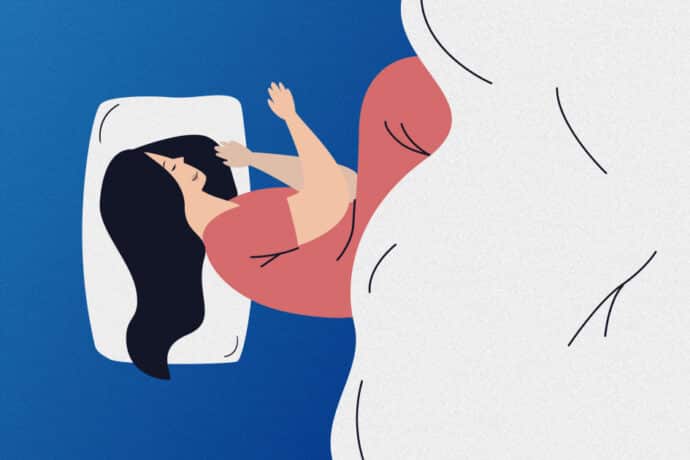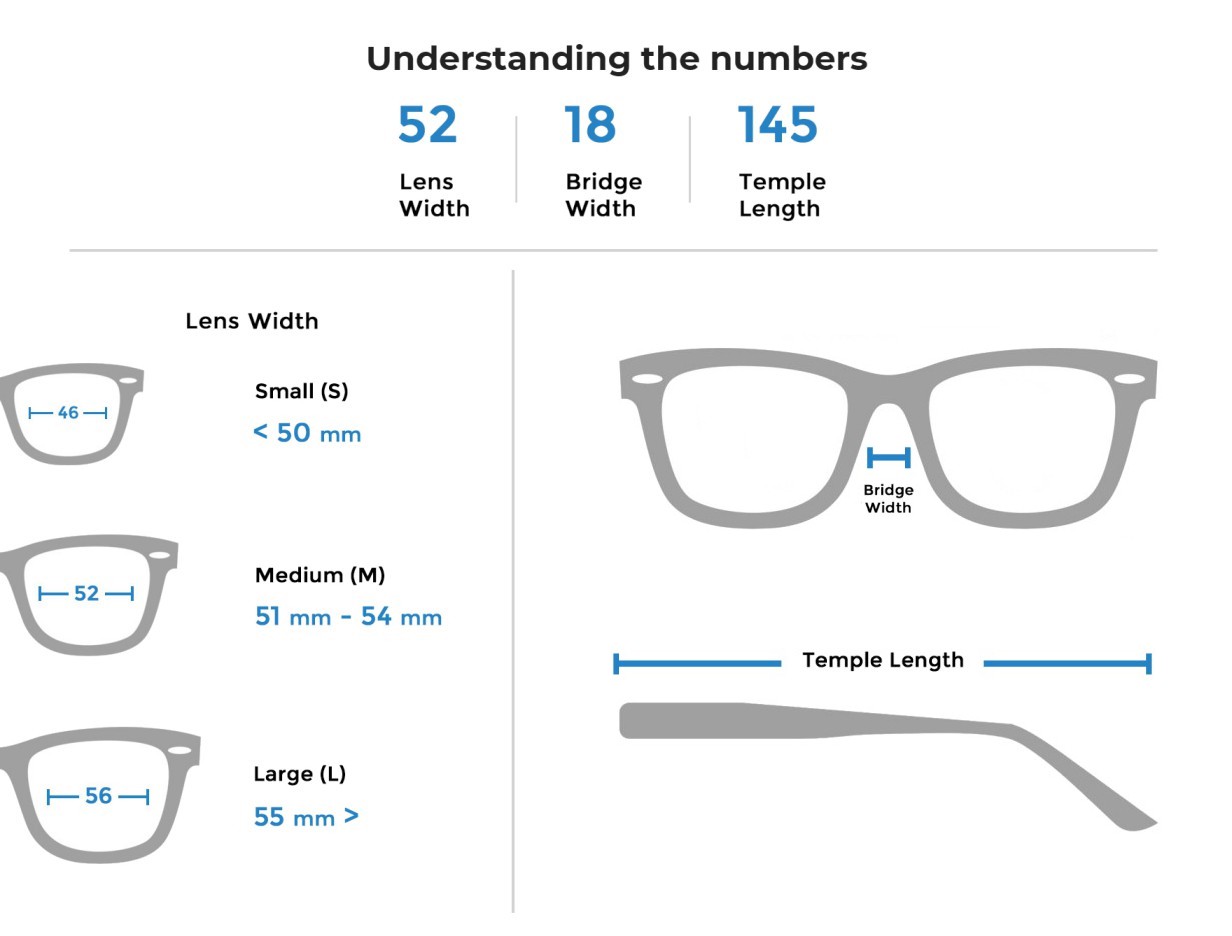Sleep Tips for Athletes
Sleep is amazingly mysterious and crucial to people’s health and well-being.
For this reason, scientists continue to study and analyze sleep as though it is still an entirely new discovery.
After a long and exhausting day, everyone, particularly athletes, deserves a quality night’s sleep.
Physical training forms a basic routine in most athlete’s careers, and many athletes focus more on training time as opposed to rest and recovery. However, it is important to note that training time spent by athletes serves no purpose if undertaken without rest and recovery.
In essence, muscle stimulation through training only causes inflammation without any growth. Quality sleep is what gives the body ample time to return to normal functions.
In this blog post, we are covering our top sleep tips for athletes so that they can attain both physical and mental recovery.
6 Sleep Tips for Athletes
1. Relax with breathing exercises
Before you go to bed, try a few breathing exercises to help your body relax and induce that feeling of sleepiness. Many sleep issues result from stress, blood pressure, or increased heart rates.
By using breathing exercises, any of the aforementioned issues you might be dealing with are reduced to a minimum, thus, preparing your body for a better night’s rest.
Next time you are ready to go to bed, try the following breathing exercise to help your body relax:
- Inhale through your nose, hold for a few seconds, and then exhale within a count of 6-8.
- Repeat the exercise every evening before going to bed.
2. Turn off any electronic devices
The environment around your sleeping area plays a role in determining how well you sleep. When going to bed, ensure you turn off electronic devices like the television, laptop, and smartphone. Electronic devices tend to deceive the body through light emissions that give the impression of daylight. When your body perceives its still day, you cannot fall asleep quickly.
This is why we recommend avoiding the use of digital screens and electronic devices at least 30 minutes before going to sleep.
If you find it too difficult to do this, you may want to try wearing blue light glasses. Blue light glasses help filter out the blue light emitted from our digital devices. This helps prevent the body from being tricked into thinking it is still day time, thus helping you fall asleep more quickly.
3. Keep the room dark and cold
It has been scientifically proven that our bodies and brains sleep better when the room is dark, and the temperature is lower.
It is important to maintain a room with little presence of bright light. Blackout curtains, dim lighting, and even dark-colored walls all help trick the body into nighttime mode, making it easier to sleep.
Another aspect that impacts sleep is the room temperature. Research indicates that setting the thermostat at relatively low temperatures increases the likelihood of a better night’s sleep. We recommend setting the temperature to around 65 degrees Fahrenheit when going to bed.
4. Avoid alcohol and caffeine
Alcohol and caffeine impact daily body functions by inducing hormones necessary for body stimulation.
But when it comes to sleep, caffeine can be regarded as an inhibitor.
The hormone catecholamines is released by the body when a person consumes caffeine. This hormone is what causes increased blood pressure and even a boost in endurance. Alcohol, on the other hand, increases body sensitivity making it hard to sleep.
For these reasons, both alcohol and caffeine should be avoided before sleeping.
5. Get exposure to sunshine and fresh air daily
Athletes should try to get a minimum of thirty minutes to one hour of sunshine per day.
Spending time in the daylight offers the body a change of environment and air, which is great for improving the quality of sleep. While it can be challenging to get sunlight during certain seasons, athletes should still get outside exposure even under cloudy conditions.
6. Maintain a consistent sleeping schedule
Our body functions are subject to routine and consistency. If you dedicate sleep to a specific time frame and maintain it daily, your body adapts to those conditions.
For instance, when you decide to sleep from 4:00 to 5:00 PM daily, your body becomes accustomed to that routine. This means that every day between the period of 4:00 and 5:00 PM, your body will find itself falling asleep.
For quality rest, it is important to dedicate specific time frames for sleep and maintain them on a daily basis.
Sleep Tips for Athletes: Conclusion
That concludes our six sleep tips for athletes! We hope you find these sleep tips valuable.
Give them a shot and leave us a comment to let us know which one worked best for you!
Our team at bluwinx believes that you have the right to a good night’s sleep. That’s why we offer fashionable frames with bwgf Lens technology that provides unsurpassed protection against harmful blue-violet light.
If you are interested in learning more about blue light, visit our blog, and read more about blue light and sleep-related topics.
If you have any additional questions, don’t hesitate to reach out – email us at help@bluwinx.com!















